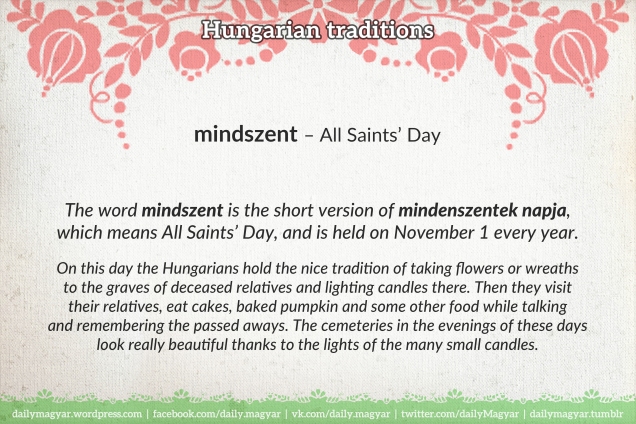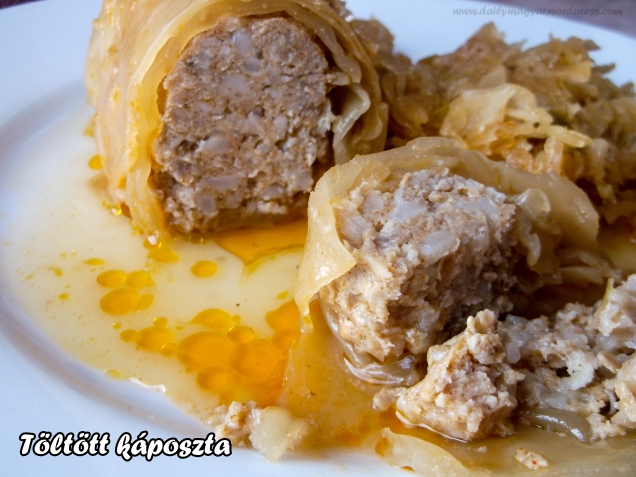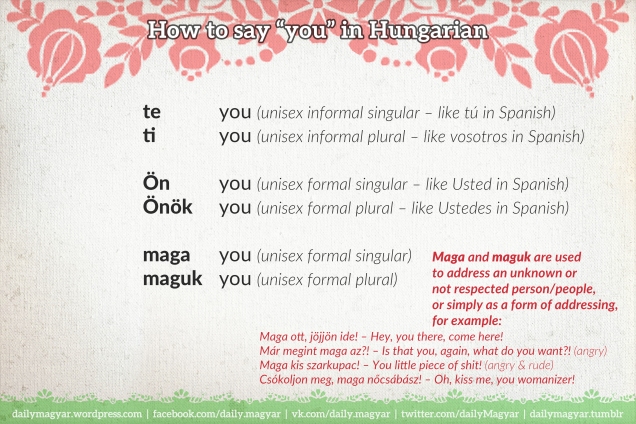
There are a lot of traditions in our culture and gastronomy, and one of them is eating lentil soup on the first day of the new year. We believe that if we do this, then the whole new year each day we will have enough money in our purse to live a good life. The many little round lentils symbolize money.
lencseleves [ˈlɛntʃɛlɛvɛʃ] – lentil soup
lencse [ˈlɛntʃɛ]
1) lentil
2) lens; glass
leves [ˈlɛvɛʃ] – soup
lé [ˈleː]
1) liquid
2) juice
3) gravy
4) money (used in slang)
°
lőre [ˈløːrɛ] – juice; drink (archaic)
lő [ˈløː]
1) liquid (dialectical)
2) juice; drink (dialectical)
3) he/she/it is shooting; he/she/it shoots
lőni [ˈløːni] – to shoot











